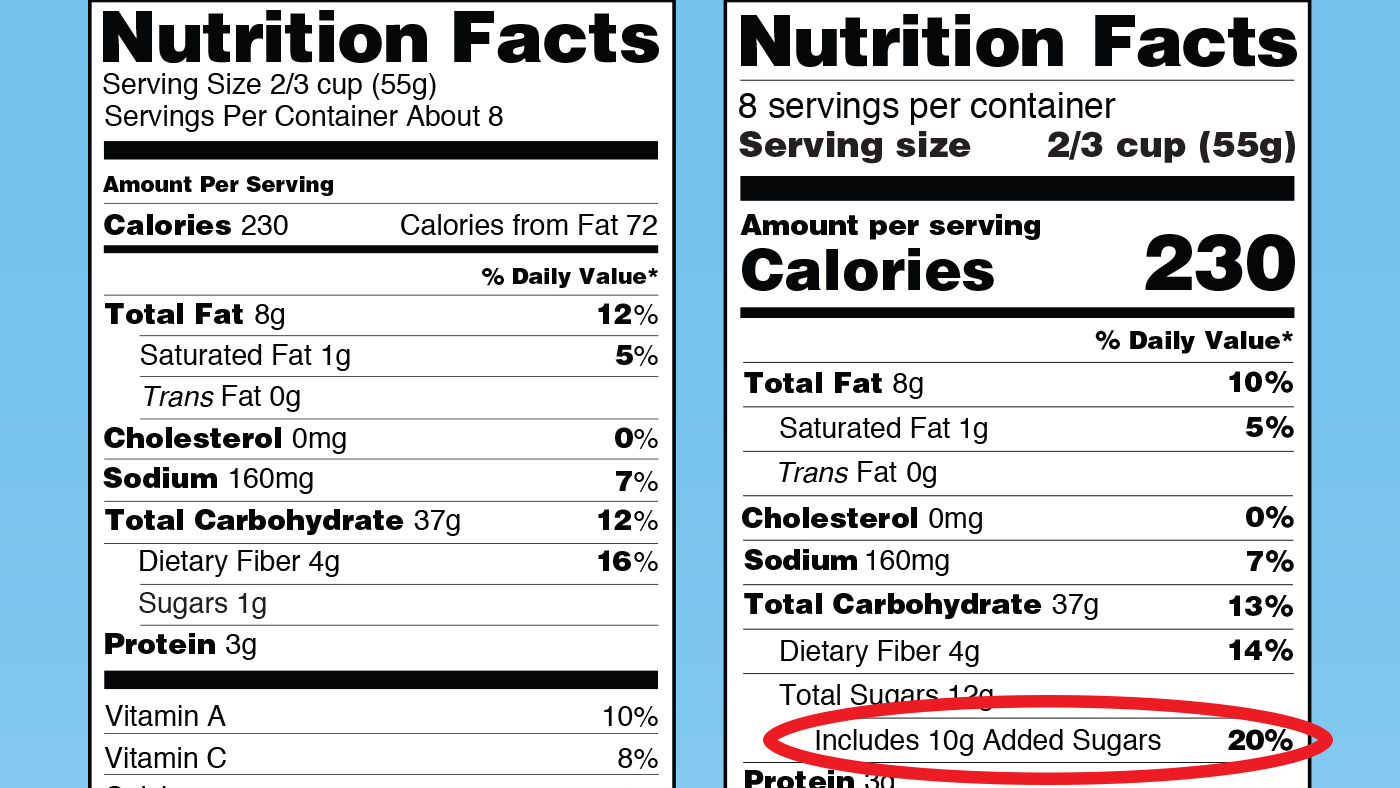Sugar is a common ingredient in many processed foods and drinks, and consuming too much sugar can have negative effects on our health. High sugar intake has been linked to an increased risk of obesity, type 2 diabetes, and heart disease. However, reducing sugar intake can be challenging, as sugar is often added to foods and drinks to improve flavor and texture. Here are some tips for reducing sugar intake with healthy swaps.
Read labels carefully
Sugar can be hidden in many processed foods under different names, such as “dextrose,” “fructose,” and “maltose.” To identify how much sugar a product contains, check the ingredient list and pay attention to the order of the ingredients. The closer an ingredient is to the beginning of the list, the more it is present in the product. In addition, check the “Nutrition Facts” panel for the total sugar content per serving.

Choose healthier options
Instead of sugary snacks and drinks, opt for healthier options like fruits, vegetables, and unsweetened beverages. These options provide important nutrients and are naturally low in sugar.

Limit added sugars:
Added sugars are those that are not naturally present in foods, but rather are added during processing or preparation. These types of sugars, such as those found in candy, cookies, and sweetened beverages, can contribute to high sugar intake. To reduce your added sugar intake, try to limit or avoid these types of foods.
Drink water
Water is a great, low-calorie alternative to sugary drinks like soda and fruit juices. Aim to drink at least 8 cups of water per day to stay hydrated and help control your sugar intake.
Eat slowly
Eating slowly can help you feel satisfied with less food, as it takes time for your brain to register that you are full. This can also help you pay attention to your body’s hunger and fullness signals, which can help you make healthier choices.
Don’t skip meals
Skipping meals can lead to overeating and cravings for sugary foods. To help control your sugar intake, try to eat regular, balanced meals throughout the day.
Reducing sugar intake can be challenging, but it is important for our overall health. By following these tips, including reading labels, choosing healthier options, and limiting added sugars, you can make progress towards reducing your sugar intake.
